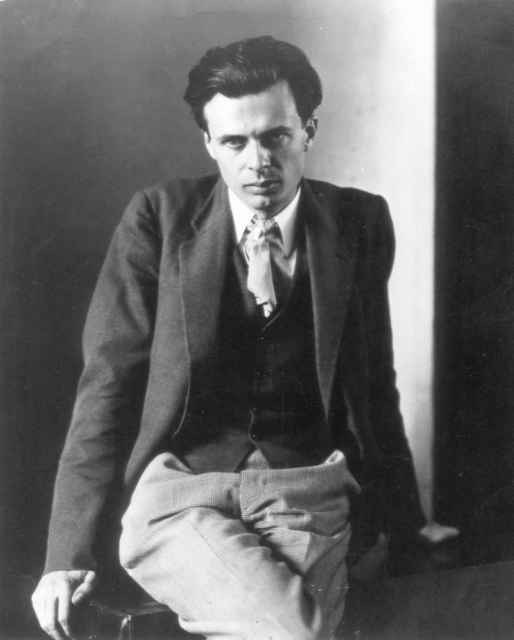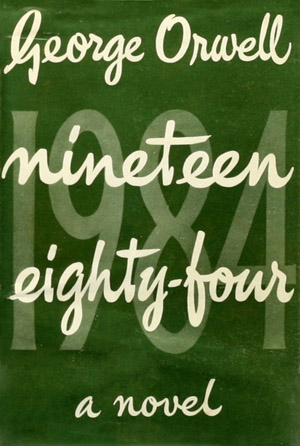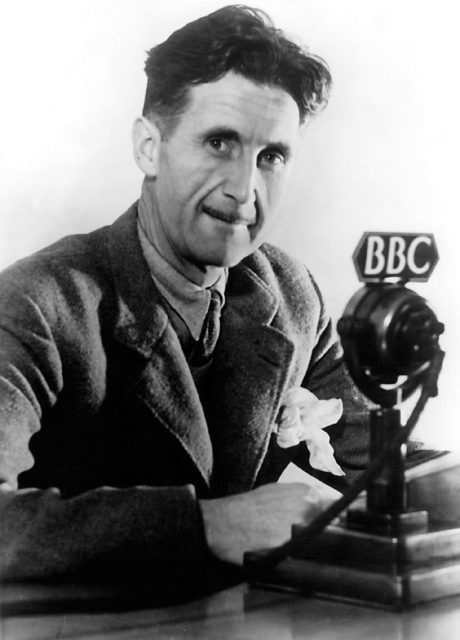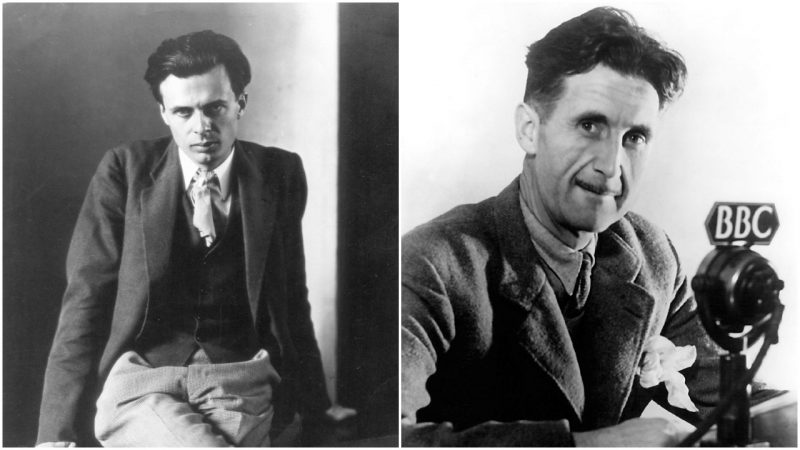Aldous Huxley was a prolific English writer and philosopher who is best known for his influential dystopian novel Brave New World and his controversial non-fiction book The Doors of Perception, in which he described his experiences of tripping on psychedelic drugs.
However, Huxley did not always dream of becoming a writer. His initial dream was to pursue a career in medicine, but when he was fifteen, he contracted an eye disease that left him partially blind for several years.

Because of his partial blindness, he couldn’t join the military, so he started avidly reading English literature and enrolled at Balliol College, Oxford. At that time, he started writing and soon established himself as a successful social satirist.
When he was in his late twenties, Huxley acquired a position at Eton College in Berkshire, where he taught French for a year. He was reportedly a nervous and incompetent teacher who had little to no authority over his students. One of his students was Eric Arthur Blair, who later took on the pen name George Orwell and also became one of the most influential writers of the 20th century.
Orwell, who was greatly inspired by Huxley’s works, said that Huxley was not a good teacher but was a brilliant speaker and had extensive knowledge of French.
Orwell and Huxley remained friends and respected each other for the rest of their lives. In 1949, Orwell wrote his most acclaimed novel, Nineteen Eighty-Four, which depicts an amorphous England of the future run by a ruthless totalitarian government.

Huxley immediately recognized the book as a classic of 20th-century literature and predicted that the book’s social critique would become a timeless foundation of sociopolitical criticism. In a letter to Orwell, Huxley dissected the plot of the book and wrote:
“Within the next generation I believe that the world’s leaders will discover that infant conditioning and narco-hypnosis are more efficient, as instruments of government, than clubs and prisons, and that the lust for power can be just as completely satisfied by suggesting people into loving their servitude as by flogging them and kicking them into obedience.”

Huxley’s prediction was strikingly accurate. Although the blatant totalitarian torture is rarely literal in the society of today, the politics of globalism and neoliberal capitalism often resemble those of a totalitarian state that commands people what to feel and think.
